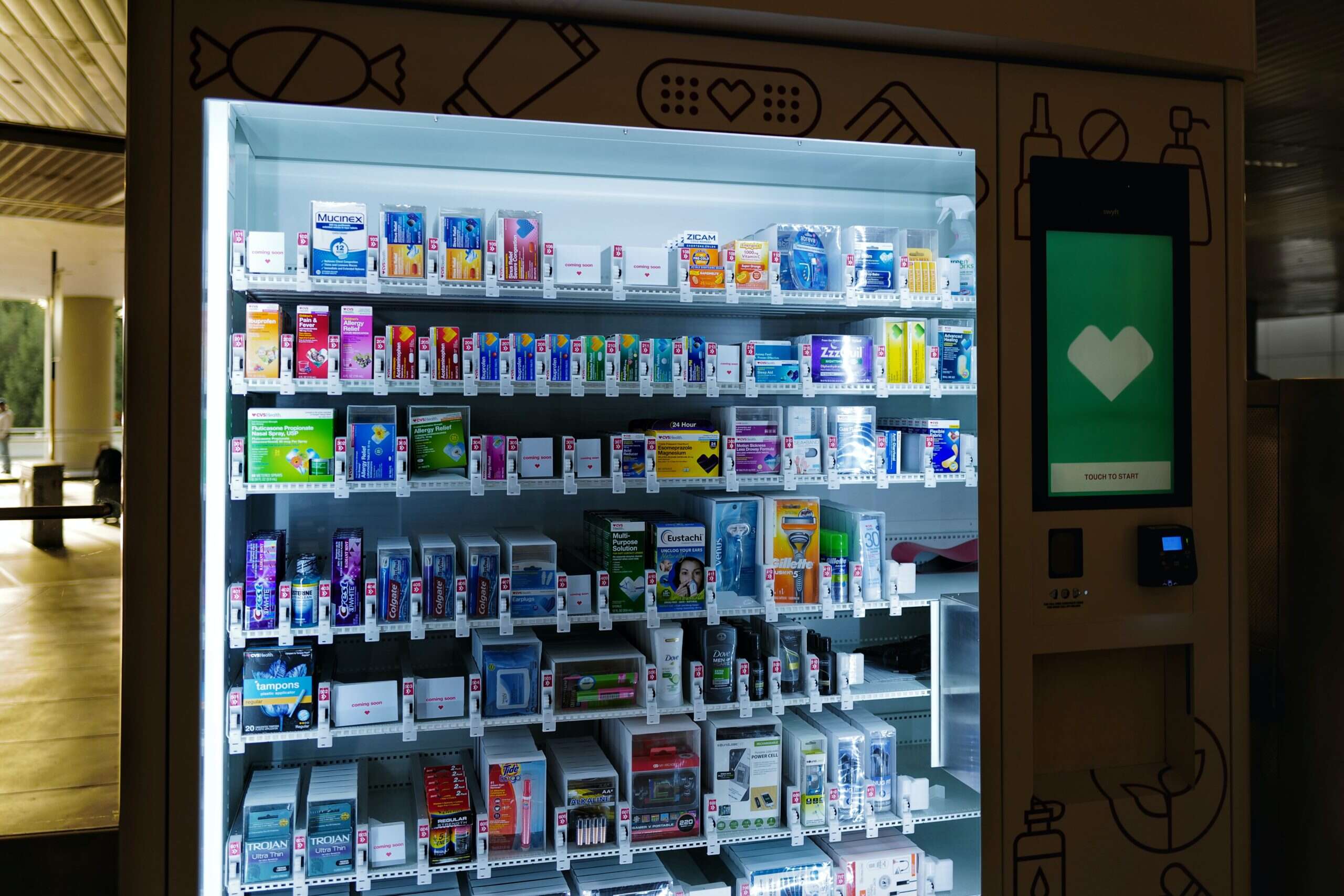When your child is miserable with a cold or headache, it’s normal to want to give them something to help ease the symptoms. But how do you know what is safe for kids? Using medicines safely means knowing when they’re needed–and when they’re not.
How can OTC drugs be harmful?
Studies show over-the-counter cough and cold medicines don’t work very well. Some of these medicines can cause problems if used too much. Talk to your doctor or pharmacist before giving over-the-counter medications to children.
There are plenty of other ways to relieve symptoms like fever, cough, and congestion without using these drugs that come with certain risks for children.
Ask your doctor or pharmacist for suggestions on how to help your child feel better and sleep more comfortably.
What are the basic rules for using OTC drugs safely and properly?
If you choose to use an over-the-counter medicine, always follow the instructions on the label. Don’t exceed the recommended dose. And check with your child’s doctor before using these medicines if your child has allergies, seizures (epilepsy), a history of alcoholism or drug abuse, breathing problems like asthma, or is taking other medicines that could interact with cough and cold products.
Some other tips:
Coughing and sneezing spread germs. It’s best to keep your sick child home from school or daycare until the fever is gone and symptoms like cough or nasal congestion are better.
While your child is sick, you’ll want to try to keep your sick child’s hands away from his or her face to avoid passing germs back into the nose.
Wash your hands with soap and water often, especially when your children are sick. If you can’t wash, use an alcohol-based hand rub, especially before and after you touch a sick person.
Before giving OTC medicines to young children, learn all about the safety tips for parents and other caregivers Safely Giving Over-the-Counter Medicines to Children

